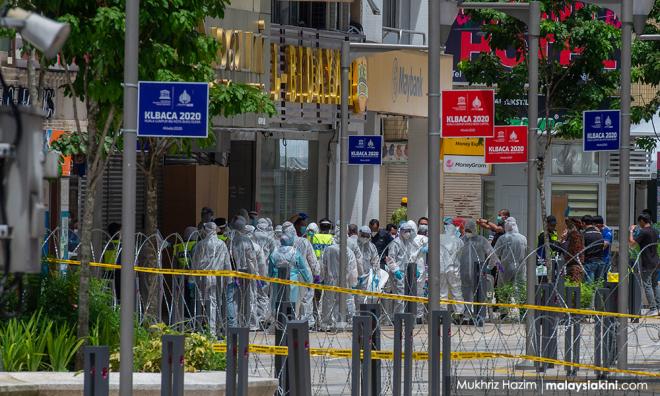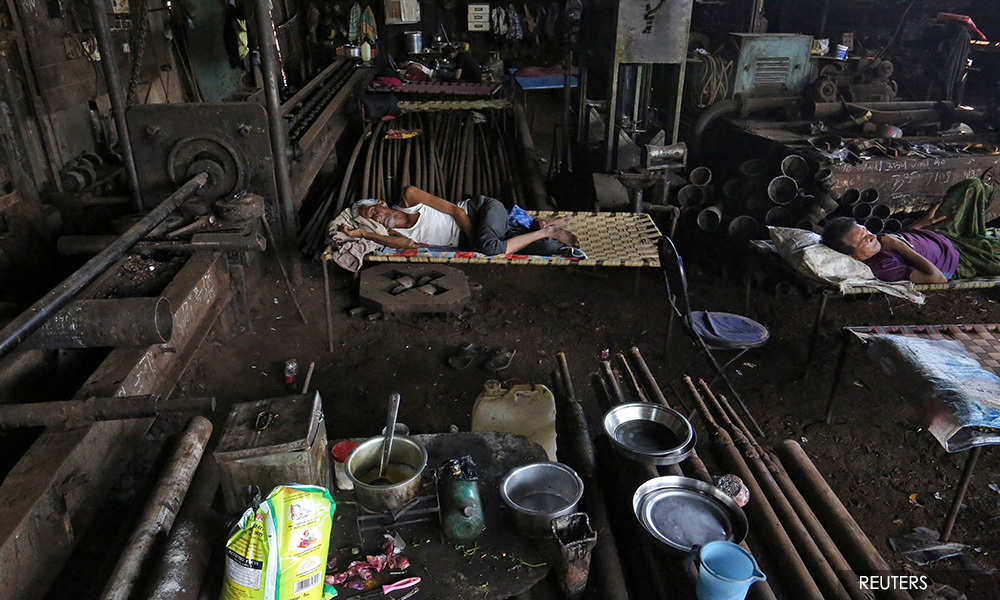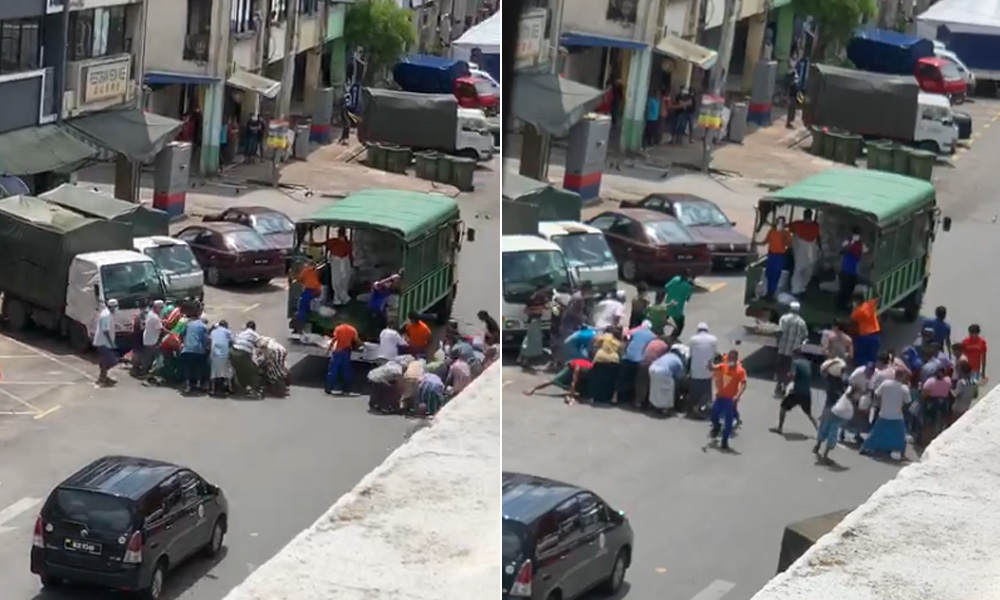
MP SPEAKS | The investigation of a Malaysian reporter, Tashny Sukumaran, on World Press Freedom Day over her article on the recent migrant crackdown shows the government’s lack of respect for media freedom.
It is an unnecessary act of harassment by the authorities, especially during this movement control order (MCO) period.
Tashny, a reporter working for the South China Morning Post, is being hauled up for questioning by the police for her reporting on the cruel and inhumane raid and arrests of migrants, including young children, by the authorities in Kuala Lumpur on May 1, 2020.
This investigation reveals an alarming eagerness of the government to use repressive laws to persecute and bully our journalists into silence. What’s more, it shows that the government is not interested in taking action to protect vulnerable communities and has even defended the raids.
Communication and Multimedia Minister Saifuddin Abdullah stated that the government is committed to ensuring press freedom and that he has directed his ministry to drop the charges against Tashny. However, the fact remains that Tashny is still being called in for questioning by the police under Section 504 of the Penal Code and Section 233 of the Communications and Multimedia Act.

The government must stop its continued harassment. Earlier, five Mongolian women were unfairly detained by the police under the Anti-Trafficking in Persons and Anti-Smuggling of Migrant Act 2007 (Atipsom), despite being victims in a rape case involving a police officer.
Meanwhile, several members of the opposition were also called up by the police for investigation. This includes Klang MP Charles Santiago for allegedly violating the MCO during his food aid distribution to struggling families and Kuantan MP Fuziah Salleh for a video she posted on her Facebook account.
The present government continues to violate human rights as it goes back on its earlier promise to not persecute migrants, especially undocumented workers and refugees, during this period.
Warning from civil society
Civil society organisations have warned the government that persecution of migrants and refugees will only defeat the contact tracing of the spread of the coronavirus. The fear of arrests and being sent home will not encourage migrants and refugees to come forward for scanning and testing.
The Malaysian government has an important role to play in curbing ‘hate speech’ and other forms of intolerance. The continued persecution of migrants and refugees will also feed into the rampant hate speech and the already racist and misogynistic biases against the vulnerable.
Having ridden on the wave of hate speech and unhealthy right-wing rhetoric in the country during the past two years to eventually taking over power, Perikatan Nasional has not shown any signs to unite all Malaysians.
State-led harassment and allowing hate speech to go unchecked can lead to the very real threat of violence by one group against another. It will also weaken our society by promoting dangerous narratives and values that could continue to grow and turn against other communities in the future.

The government must stand by our founding values of unity and peace for all. It should, therefore, discourage and avoid disproportionate measures that restrict human rights.
Rather than focusing on arrests and harassment to address the problem, Malaysian authorities should consider positive policy initiatives to promote tolerance and intercultural understanding.
Moreover, migrant groups are already struggling and do not deserve to be treated with such indignity. Many of them have no money and are unable to put even a simple meal together. I recall recently helping a group of four migrants who were in such a bad state that they had to share a packet of instant noodles a day among themselves.
Bear in mind that these so-called “outsiders” were employed by us to work in our economic sectors when we needed their labour. The Department of Statistics in 2016 showed that most of the documented migrant workers are concentrated in agriculture (37.3 percent), manufacturing (21.2 percent), construction (22.4 percent), domestic and service workers (9.2 percent) and mining (4.9 percent).
They are in jobs that are coined as “dirty, difficult and dangerous”. Migrant workers are paid cheaply by employers and as a result, it is difficult for wages to increase, especially in low-skilled jobs. We have reported cases of abuse and maltreatment of migrant workers and refugees. To be herded and arrested, inclusive of young children, strips the vulnerable of their self-worth and dignity.
This is certainly not the time to correct a failed government policy on documented and undocumented migrants and refugees and to compromise on their human rights.
This Covid-19 crisis is the time for the government to show that it can play a magnanimous role to guarantee the human rights, safety and security of everyone in Malaysia, including our guests.
MARIA CHIN ABDULLAH is the Petaling Jaya Member Of Parliament. - Mkini



No comments:
Post a Comment
Note: Only a member of this blog may post a comment.